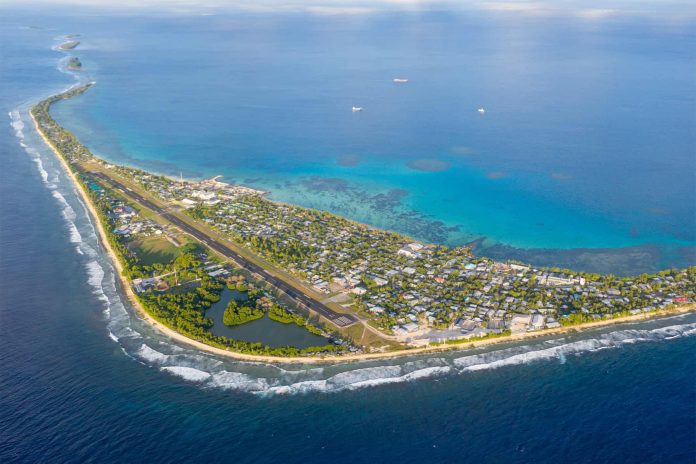The modern lift of the sea level caused by the melting of glaciers and the thermal expansion of the ocean is a serious problem for the planet. However, the history of the Earth also knows the reverse processes - periods when the sea level has fallen sharply due to geological changes. A new study shows that 15-6 million years ago the oceans have undergone significant changes due to the slowing of the formation of the oceanic cortex.
Researchers found that about 15 million years ago, the speed of formation of the new oceanic cortex decreased by 35%. This led to the deepening of the ocean pools and, as a consequence, a decrease in sea level by 26-32 meters. For comparison, if the East Antarctic Ice Shield had completely melted today, the level of the oceans would have risen by about 30 meters-that is, the effect would be mirror. In addition to changing the sea level, researchers have found another important consequence of slowing the expansion of the seabed: reducing the heat flow from the land of the Earth to the oceans by 8% (and near the ocean ridges - by as much as 35%). Changes in the chemical composition of the oceanic water due to the change in hydrothermal activity. Reduction of volcanic greenhouse gas emissions, which could have caused global cooling. Scientists suggest that due to a lower release of volcanic CO₂, the temperature on Earth could decrease, which contributed to the formation of more massive glaciers. If these processes were laid on each other, the level of the oceans could fall over 60 meters. Although geological records have gaps, new calculations are confirmed by the data of samples of marine deposits collected off the coast of New Jersey and New Scotland. This study is not the first to analyze the relationship between the movement of tectonic plates and sea level, but it produces more accurate results through the use of modern models. The study reminds that the sea level has changed in the past not only through the melting of glaciers, but also through deep geological processes. However, today the situation is excellent: the current increase in sea level is much faster than in the past, and is a consequence of anthropogenic impact on the climate.
Global geological processes are going on millions of years, but human activity is capable of affecting the planet now.


